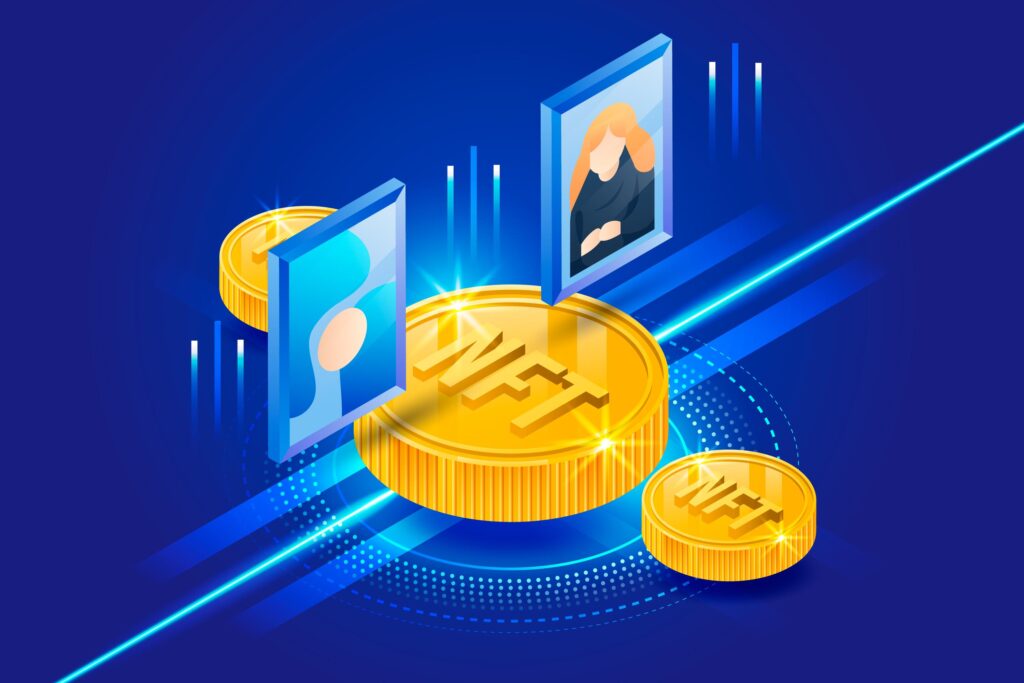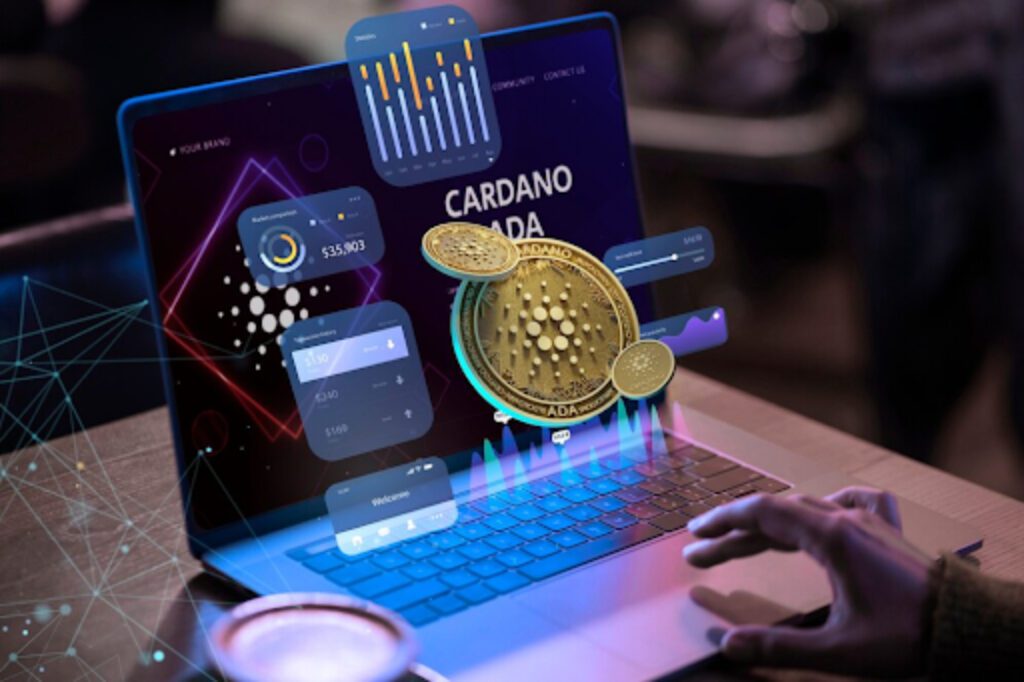
In the ever-evolving landscape of the digital realm, Non-Fungible Tokens (NFTs) have emerged as a groundbreaking innovation, revolutionizing the concept of digital ownership. Recent developments in the NFT space have garnered widespread attention, reshaping the way we perceive and interact with digital assets. This article explores the intricacies of NFTs, shedding light on their recent NFT software development and their profound impact on the notion of ownership in the digital era.
NFTs: A Brief Overview
NFTs are unique digital assets verified using blockchain technology, most commonly built on Ethereum. Each NFT is distinguishable from one another, providing a digital certificate of authenticity and ownership. This uniqueness has opened up new possibilities in various industries, including art, gaming, and entertainment.
Recent Developments in the NFT Space
1. Expansion Beyond Digital Art:
NFTs have transcended their initial roots in digital art. While digital art remains a significant component, NFTs are now being used to represent ownership of various digital and physical assets, including music, videos, virtual real estate, and even real-world items.
2. Integration in the Gaming Industry:
The gaming industry has witnessed a paradigm shift with the integration of NFTs. Players can truly own in-game assets, and the concept of interoperability between different games has gained traction. NFTs are being utilized to create unique and scarce in-game items, fostering a new level of player engagement.
3. Tokenization of Intellectual Property:
NFTs are increasingly being utilized to tokenize intellectual property. Musicians, writers, and content creators can tokenize their work, enabling them to retain more control over their creations and receive direct compensation for their efforts.
NFT Development Platforms: Paving the Way for Innovation
1. OpenSea:
OpenSea stands as one of the largest and most popular NFT marketplaces. It allows users to create, buy, and sell NFTs seamlessly. The platform supports a wide range of digital assets, contributing significantly to the diversification of the NFT ecosystem.
2. Rarible:
Rarible is a decentralized NFT marketplace that enables users to create and sell custom tokens without the need for coding skills. This platform has played a pivotal role in democratizing the creation and ownership of NFTs, empowering a broader community of artists and creators.
3. Mintable:
Mintable is known for its user-friendly interface, making it accessible for creators with varying levels of technical expertise. The platform allows for the creation, sale, and even customization of NFTs, offering a streamlined experience for both creators and collectors.
4. Binance NFT Marketplace:
Binance, a leading cryptocurrency exchange, has also entered the NFT space with its marketplace. This move brings NFTs to a broader audience, leveraging the extensive user base of Binance. It provides a platform for artists and creators to reach a global audience.
The Impact on Digital Ownership
The advent of NFTs has fundamentally changed the dynamics of digital ownership. Unlike traditional digital files, NFTs provide a means for true ownership and provenance. The decentralized and transparent nature of blockchain ensures that the history of ownership is immutable and easily verifiable.
1. Empowering Creators:
NFTs have empowered creators by enabling them to monetize their digital creations directly. This disintermediation allows artists, musicians, and other creators to receive fair compensation for their work without relying on traditional gatekeepers.
2. New Avenues for Investment:
NFTs have become a unique investment class, attracting individuals looking to diversify their portfolios. The scarcity and uniqueness associated with certain NFTs contribute to their perceived value, creating a new frontier for investment opportunities.
3. Ensuring Authenticity and Provenance:
The blockchain’s tamper-proof nature ensures the authenticity and provenance of NFTs. This has profound implications for industries like art, where verifying the authenticity of a piece is of paramount importance.
Challenges and Future Outlook
While NFTs have brought about transformative changes, challenges remain. Environmental concerns related to the energy consumption of blockchain networks and issues of copyright infringement need to be addressed. However, as the technology matures, solutions to these challenges are likely to emerge.
Looking ahead, NFTs are poised to continue evolving, with developments in blockchain technology enhancing scalability and reducing environmental impact. The democratization of digital ownership through NFTs is a trend that is reshaping industries and empowering creators and collectors alike.
In conclusion, the recent developments in the NFT space, coupled with the emergence of diverse NFT development platforms, underscore the transformative impact of this technology on digital ownership. As the ecosystem continues to mature, NFTs are not just a trend but a paradigm shift in how we perceive, create, and own digital assets in the 21st century.

